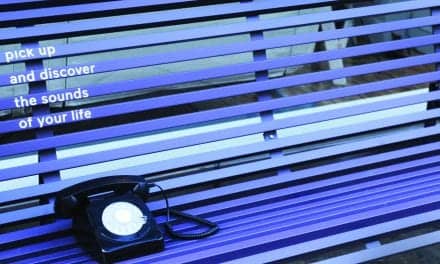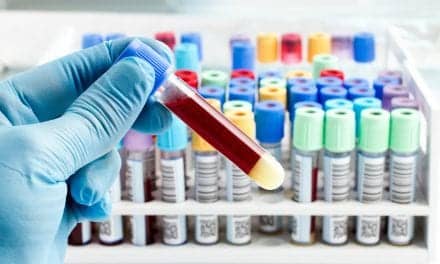Oricula Therapeutics, LLC, a biotech company introducing medications to preserve hearing and balance, announced FDA permission to begin volunteer human testing for safety, tolerability, and pharmacokinetics of their new medicine, ORC-13661. In animal studies, ORC-13661 reportedly provided “highly significant” protection of hearing in rats exposed to high doses of aminoglycoside antibiotics, a common cause of human hearing loss, according to the company. If the same benefits hold true in clinical trials, ORC-13661 may be the first FDA-approved medicine to prevent hearing loss for patients undergoing aminoglycoside treatment, said Oricula.
Oricula Therapeutics CEO Malcolm Gleser, MD, PhD, elaborated: “Patients with cystic fibrosis, immune suppression, endocarditis, non-TB Mycobacteria, multiple drug-resistant TB, as well as premature newborn infants, are all candidates for aminoglycoside treatment and could benefit.”
The compound works by protecting the sound-sensing hair cells in the inner ear that are necessary for hearing. Gleser added, “By reducing or eliminating the debilitating side effect of permanent hearing loss, Oricula sees expanded worldwide use of these inexpensive, highly effective antibiotics for treating life-threatening bacterial infections.”
Oricula is commercializing research conducted at the University of Washington and the Fred Hutchinson Cancer Research Center and reportedly holds an exclusive license to two extensive composition of matter patents.
Edwin Rubel, Oricula co-founder and University of Washington chaired professor of hearing sciences said, “This research began in 2001 as a collaboration with Oricula Co-founder David Raible, professor of biological structure at the UW School of Medicine, to advance our understanding of the injury and death of receptor cells in the inner ear. Since these modest beginnings, we have established a great, diverse team to accelerate development. We are now on the precipice of having an important, life-changing impact on the ability of people to communicate. I am enormously excited about the opportunity to begin clinical trials.”
Funding for the preclinical development was obtained through grants from the National Institutes of Health(NIH), including a $2.1 million grant from the National Institute of Allergy and Infectious Diseases.
Source: Oricula Therapeutics






I am interested to see if there is now a drug that cancer patients can use to prevent tinnitus and hearing loss, I was diagnosed 5 and 1/2 years ago of Ovarian Cancer stage 3b and still undergoing treatment. Recently developed tinnitus after being on carboplatin and cisplatin, but without these my disease has progressed and just aceeek agony started back on carbo and paclitaxel and ears already worse, need help urgently. It’s either my hearing goes and the ringing drives me bad so I can have treatment or I don’t have the treatment I need to continue to survive. I am 53 years d, live in Australia… I can be contacted on +61414282633 email [email protected] much appreciated Natasha Sims